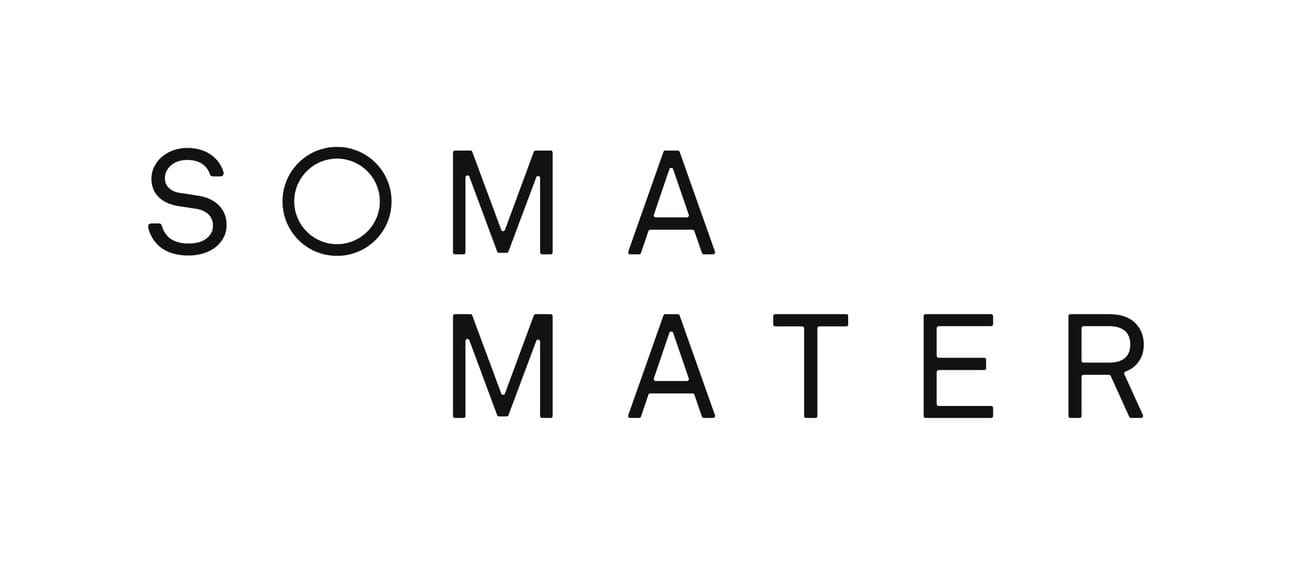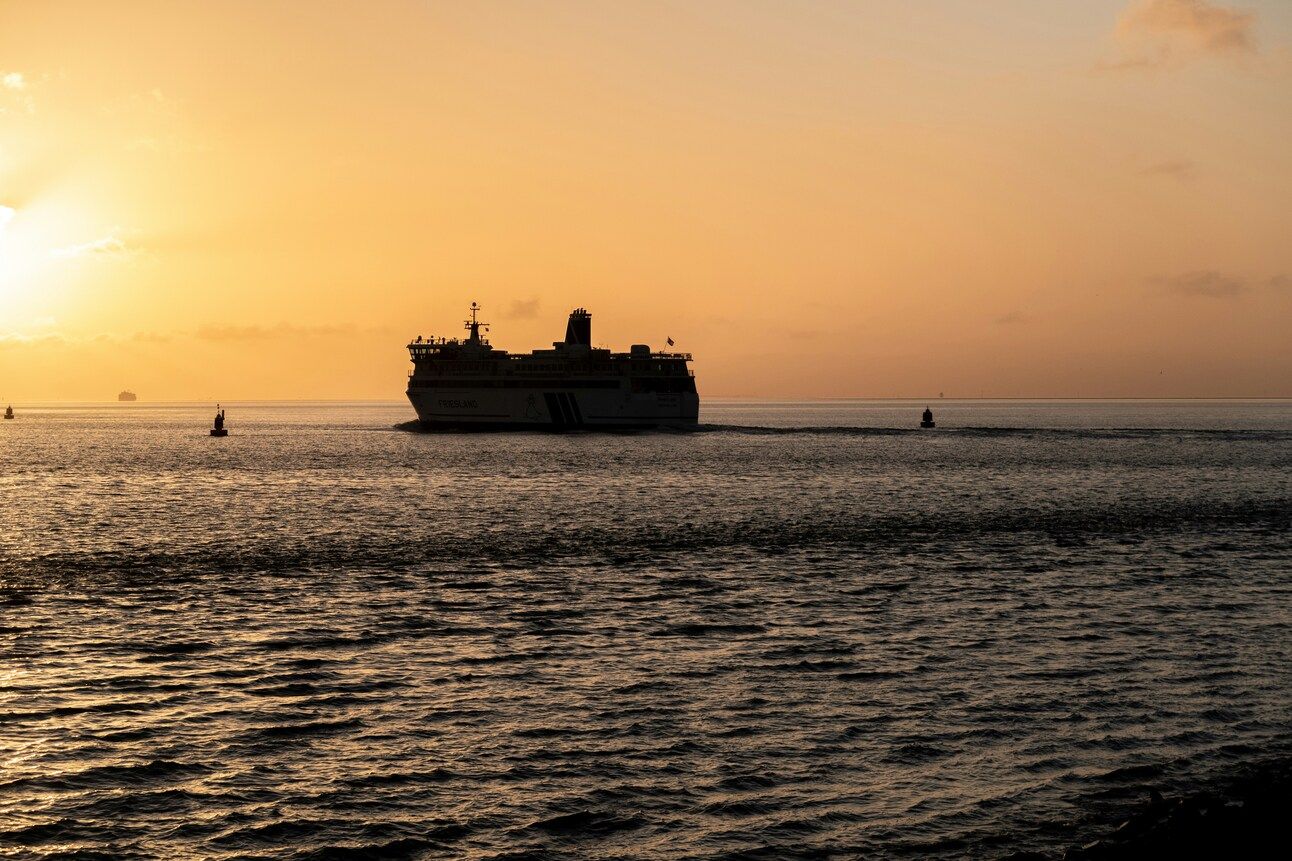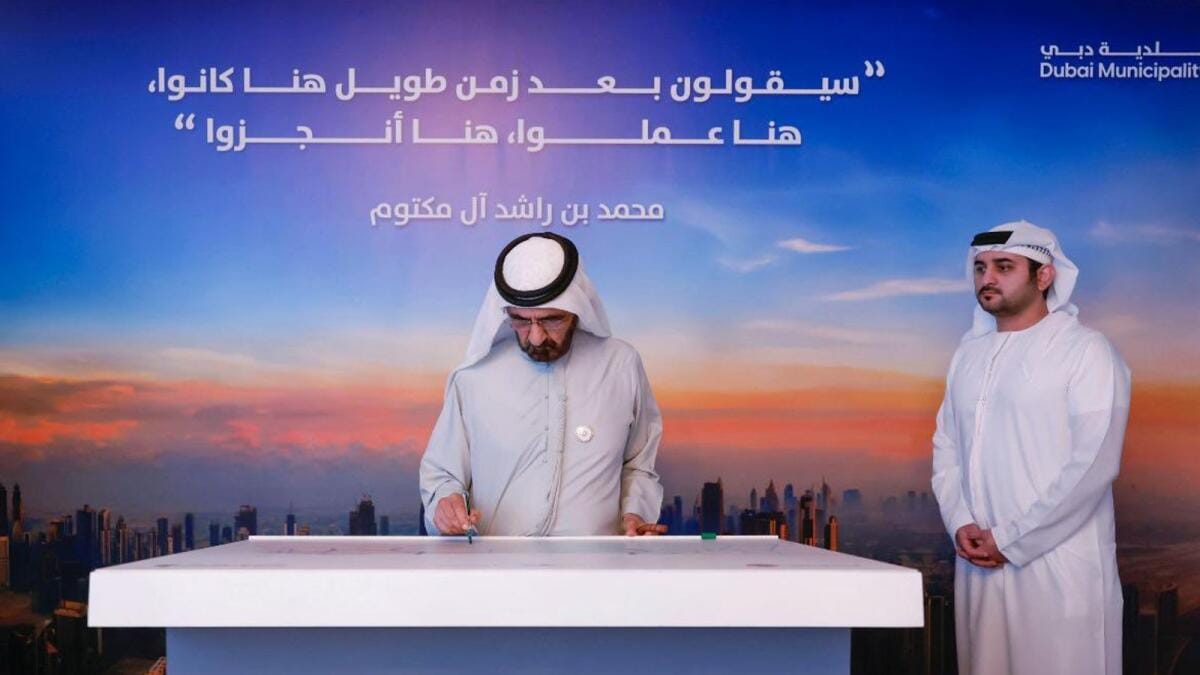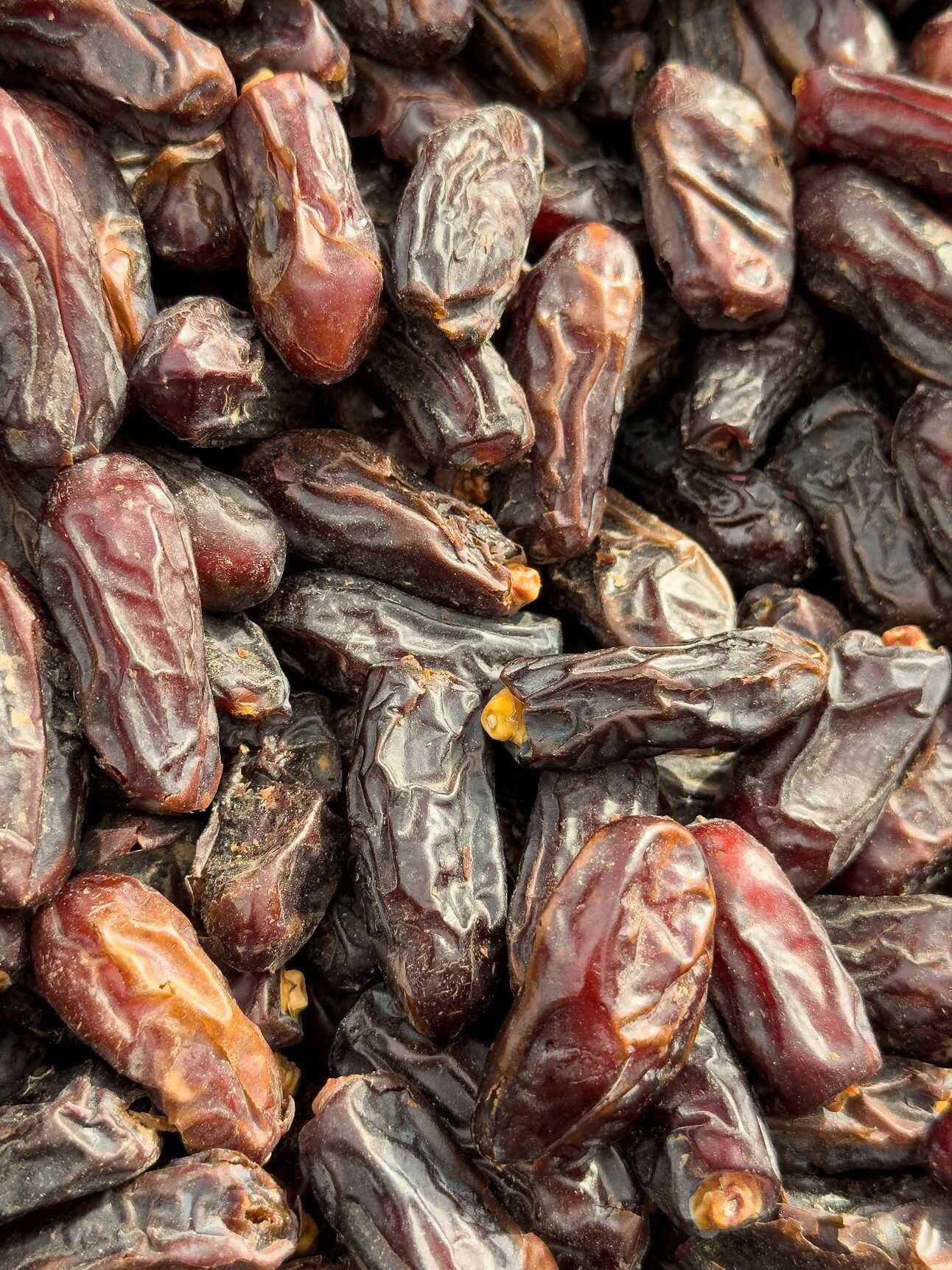- Soma Mater's Newsletter
- Posts
- SOMA MATER Weekly Newsletter
SOMA MATER Weekly Newsletter

Welcome to the SOMA MATER’s Weekly Newsletter.
This weekly newsletter highlights the top 3 stories from the past week in food systems and sustainability, along with SOMA MATER's analysis and perspective.
How is the unfolding Red Sea Crisis affecting global trade and what geopolitical shifts are emerging as a result?
What are the long-term implications of Dubai’s AED 30-billion Tasreef project on urban rainwater management in the country?
What factors are contributing to the declining date consumption trends in GCC countries, and how can re-education campaigns reverse this trend?
Sustainably yours,
The SOMA team
Red Sea Crisis: An Expensive Detour

The Red Sea crisis has had significant impacts on global trade. The Houthi Yemen militant group backed by Iran has been launching attacks on ships in the Red Sea since November of 2023. The group considers Israel their adversary and targets any ships in the Red Sea linked to Israel. Houthi actions in the Red Sea are a mechanism of proxy war against the West’s actions in Gaza. Since November, they have attacked around 30 ships, with 13 hit by missiles and drones.
Approximately 12% of global trade passes through the Suez Canal. The Red Sea represents around 40% of trade between Europe and Asia. Transits of the Suez Canal are a key revenue source for Egypt, but have decreased by at least half, with tonnage dropping even further. Due to the crisis, 90% of the container ships have rerouted around the Cape of Good Hope. This has resulted in delivery time being prolonged by up to 10 days with shipping companies paying up to $1,000,000 in extra fuel costs per container ship, increasing the environmental impact of transportation.
The crisis’ biggest impact has been on shipping costs and inflation rates. Prices for items like food, medicine, fuel, and inputs for agriculture and food have increased. Shipping rates from Asia to the East Coast of North America have gone up by 55%. The crisis has disrupted shipments of commodities like grains from Europe, Russia, and Ukraine. Countries in East Africa, South Asia, Southeast Asia, and the Middle East are among the most vulnerable to these trade disruptions.
Soma’s Perspective:
We are in a state of heightened geopolitical risks. This has led to countries having to trace their trade around geopolitical lines. It is the spillover effects of the proxy conflict between Iran and Israel through Gaza that is having an impact on food security. We believe this crisis will not be resolved until after the upcoming U.S. elections, and consequently, the outcomes of the conflict in Gaza. As long as the Israel-Hamas conflict persists, the Houthis will have the opportunity to disrupt. We will continue tracking the Red Sea Crisis through our Food Security Intelligence Report.
Sources:
https://www.imf.org/en/Blogs/Articles/2024/03/07/Red-Sea-Attacks-Disrupt-Global-Trade#:~:text=Attacks on vessels in the,the Cape of Good Hope.
https://maritime-executive.com/editorials/the-red-sea-crisis-food-insecurity-and-conflict#:~:text=Container traffic has slowed%2C and,as food%2C medicine and fuel.
Making it Rain: Dubai's 'Tasreef' Project To Dig Deep

H.H. Sheikh Mohammed announced a AED 30-billion project to develop a rain drainage network in Dubai. The project is titled 'Tasreef' (which means 'drainage' in Arabic) and will be managed by the Dubai Municipality. It is set for completion in 2033 and will cover all areas of Dubai. It will increase the emirate's rainwater drainage capacity by 700% and aims to absorb over 20 million cubic meters of water daily.
The project is set to last 100 years and will use the largest Tunnel Boring Machines in the Middle East. They are known for their efficiency and precision to construct underground tunnels.
The damages caused by the UAE floods of April 2024 had high insured property costs. Preliminary estimates suggest insured property losses due to the floods could reach up to $850 million. Estimated insured loss for vehicles in the UAE was expected to be over $150 million, although estimated numbers may change. Dubai was the most affected emirate in the country.
The Tasreef initiative will align with the Dubai 2040 Urban Master Plan. Some of the plan’s aims include to upgrade Dubai’s urban areas, use resources more efficiently, and provide a healthy environment for residents and visitors.
Soma’s Perspective:
The need for rainwater harvesting solutions in the country is a topic SOMA has reiterated for the past couple of months. We published a white-paper about the untapped potential of harvesting rainwater in the UAE in April. Other mega-cities in the Arabian Peninsula are expected to experience increased severe rainfall, according to research from the National Centre of Meteorology. We see urban planning for rainfall moving up in the agendas as prevention is being opted for rather than cure. But our concern remains on what will be done to the project’s water after it is drained. SOMA will continue tracking the impact of increasing heat and rainfall in the region through our Sustainability Transition Intelligence Report.
Source:
Photo source: https://www.khaleejtimes.com/uae/dubai-sheikh-mohammed-announces-dh30-billion-rain-drainage-network
A Diet Dating Back Centuries

Date consumption in GCC countries has been declining in recent years. An FAO Value Chain study showed that although the region cultivates one of the highest number of palm trees, the consumer demand in the region has been dropping in the last few years. This is because the younger generation does not consume as many dates as the older generations. Mounting date surpluses is a possible result of this changing trend.
For the year of 2023, Saudi contributed with 45% of the total sub-regional date production, while the UAE contributed with 32%. FAOSTAT data for the year 2021 show that Saudi Arabia led the date export market in the GCC with 318K tonnes of dates exported, while the UAE followed with 261K tonnes. Oman followed with 15K tonnes of dates exported.
The report suggests that similar to the quick growth of quinoa in the international market due to increased information of its nutritional value, dates should also benefit from similar campaigns in the region. Dates have significant health benefits. They are an excellent source of energy and minerals, have a significant amount of fiber, are high in antioxidants, and have a low glycemic index, which means they do not spike blood sugar levels too high after eating.
Dates were once the basis of GCC diets. The current trend of globalization and the introduction of different food cultures in the region have changed these practices. Consumer demand is important for the success of local production. There are only a select number of staple items that are naturally cultivated in the UAE with its limited saline water, one of which is dates. Dates are able to thrive despite the local climate and soil quality.
Soma’s Perspective:
The younger generation has been losing interest in dates due to globalization trends. The lack of modernization of the date market has caused it to fall in the backseat of demand. Agriculture in the region will continue to become more difficult and water will be hard to cultivate. If local producers fail to modernize the date market, we will continue to see its decline as pressures on agriculture continue to rise. Stories like these will continue to be reported in our Food Security Intelligence Report.
Sources:
https://www.fao.org/newsroom/story/5-facts-about-dates-that-make-them-an-important-food-of-our-futur...
https://www.bhg.com/gardening/plant-dictionary/tree/date-palm/#:~:text=Propagate date palms fr...,sunlight%20until%20it%20shows%20shoots.
SOMA MATER is writing Intelligence Reports on the topics of Food Security and Sustainability Transition. If you’d like to know more, contact us through the link below: